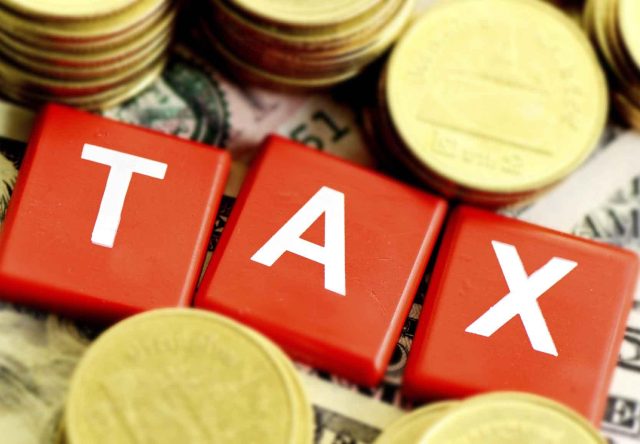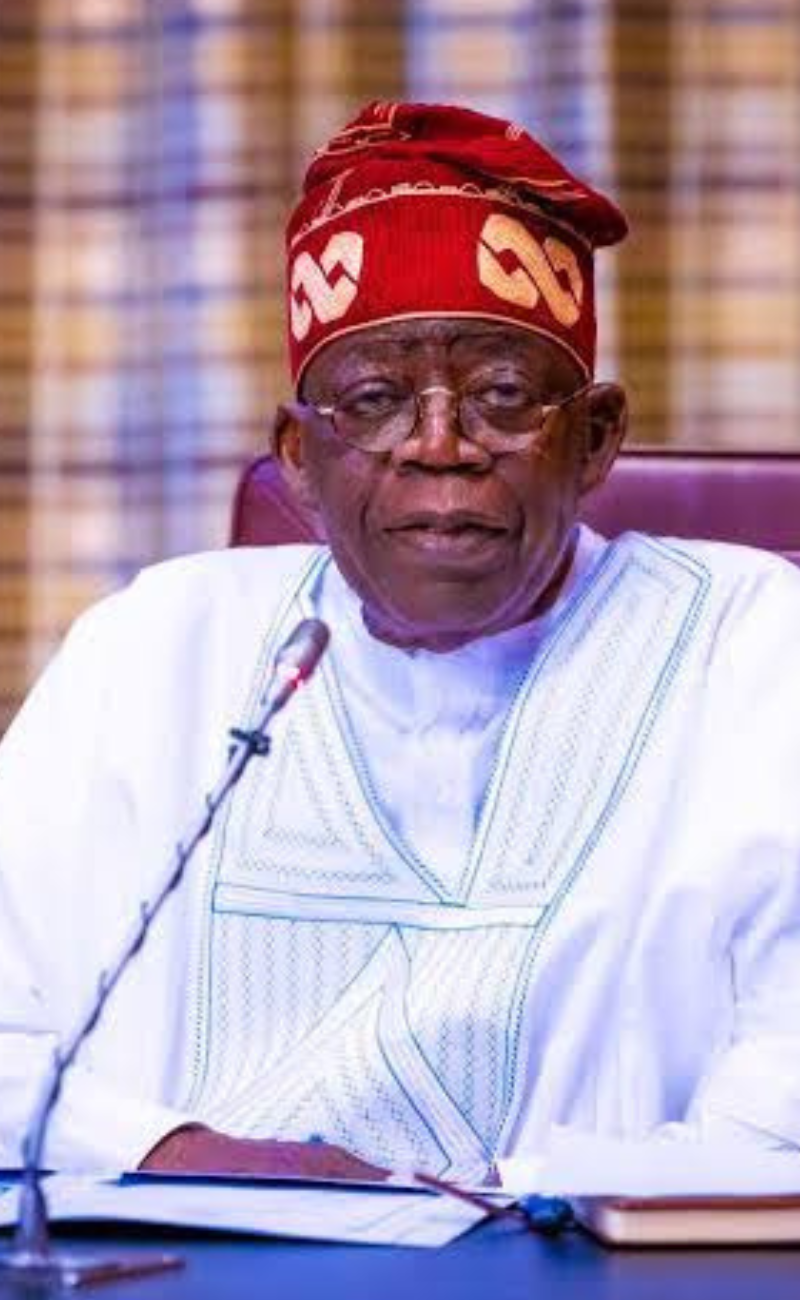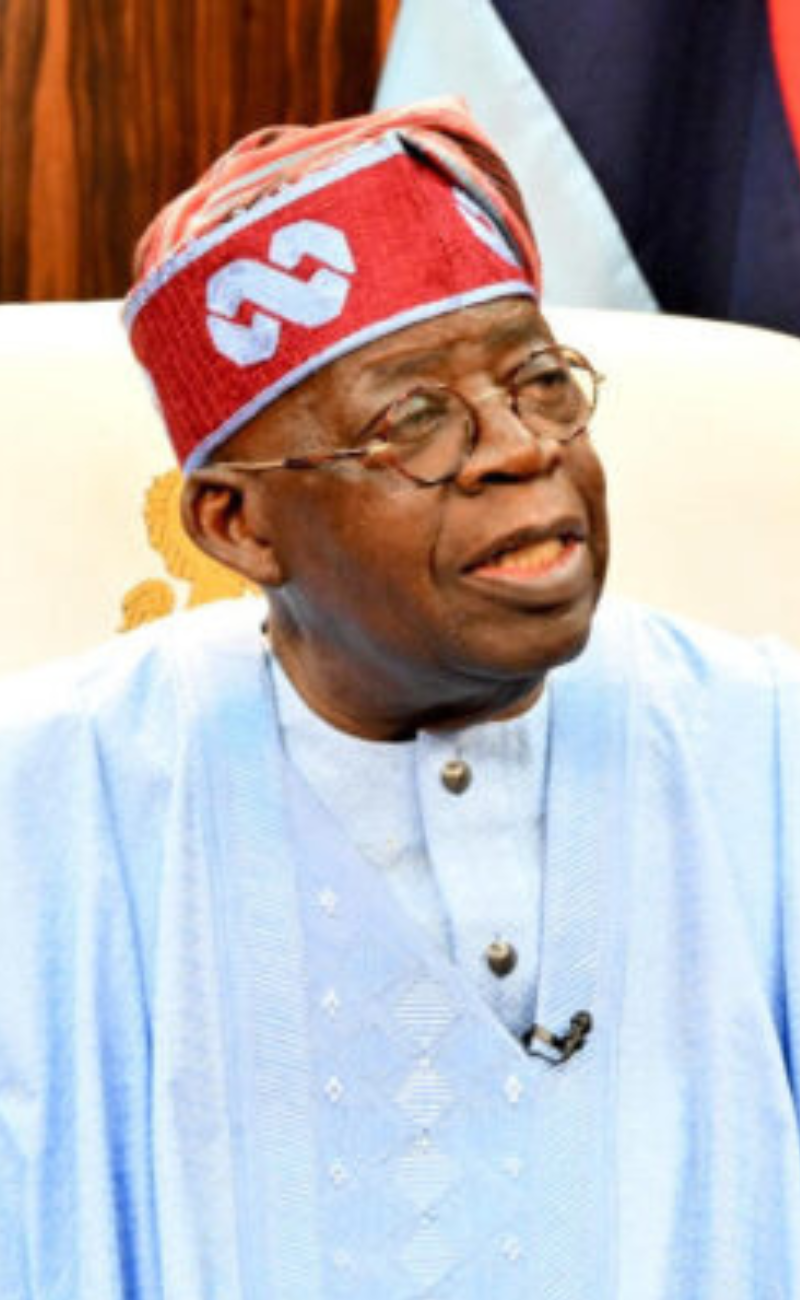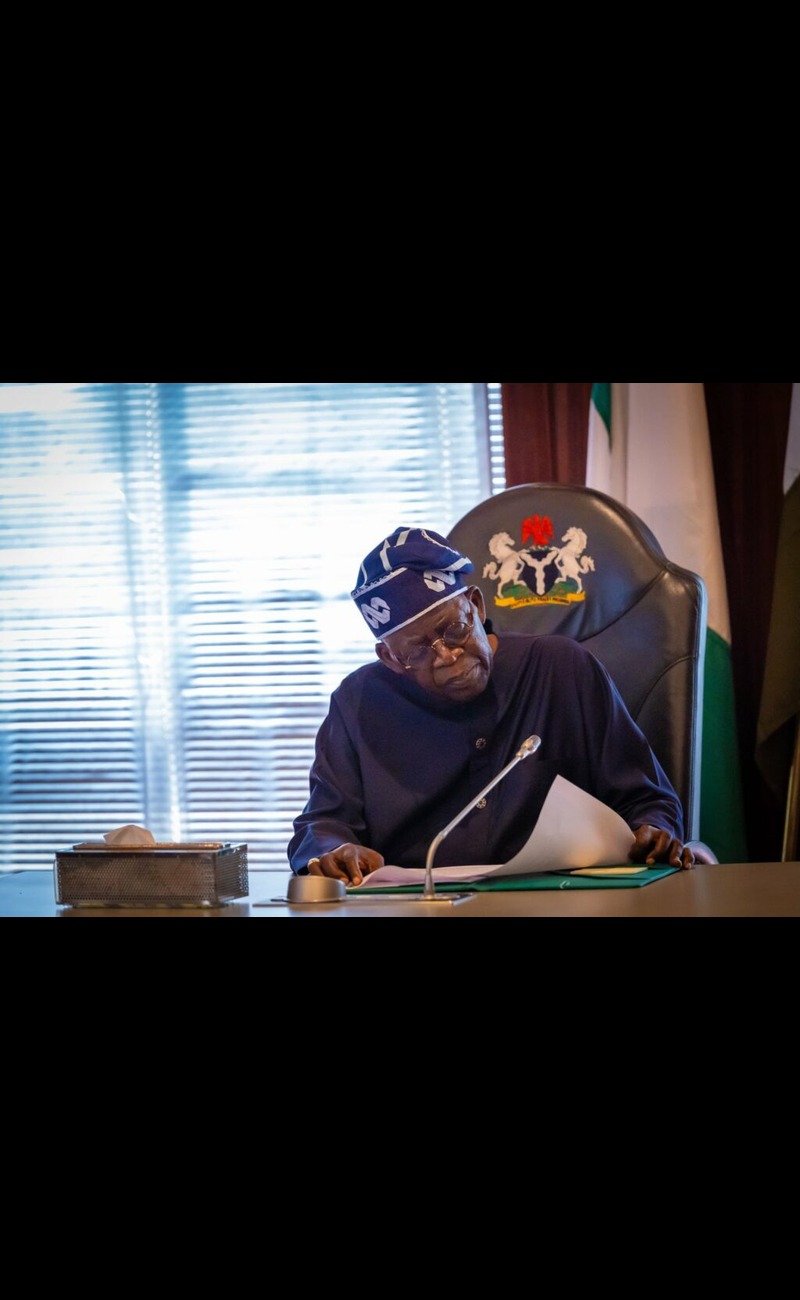The National Assembly has passed the harmonised versions of the four tax reform bills and now awaits presidential assent.

The National Assembly on Wednesday passed the harmonised versions of four tax reform bills, clearing the path for presidential assent.
Originally submitted by President Bola Ahmed Tinubu in October 2024, the bills are part of a broader fiscal policy overhaul aimed at strengthening Nigeria’s revenue framework.
With both chambers—the Senate and House of Representatives—now in agreement, the bills will be forwarded to the President for final approval.
The harmonised bills are:
- The Joint Revenue Board (Establishment) Bill
- The Nigeria Revenue Service (Establishment) Bill
- The Nigeria Tax Administration Bill
- The Nigeria Tax Bill
At Wednesday’s plenary, lawmakers considered the conference committee’s report, which resolved discrepancies between the versions earlier passed by the Senate and House.
Chairman of the House Committee on Finance, Rep. James Abiodun Faleke (APC, Lagos), and Senator Sani Musa (APC, Niger), who led the House and Senate teams respectively, presented the harmonisation report.
Faleke revealed the extent of the committee’s work, noting:
“There were 45 areas of difference in the Nigeria Tax Administration Bill, 12 in the Nigeria Revenue Service Bill, 9 in the Joint Board Bill, and 46 in the Nigeria Tax Bill. All have been agreed upon and resolved.”
The harmonised versions reflect a blend of provisions from both chambers. In some clauses, the Senate’s version was adopted; in others, the House’s stance prevailed, with amendments made where necessary.
One major agreement was the introduction of a 4 percent development levy on assessable profits of all taxable companies—excluding small and non-resident firms. This levy will be collected by the Nigeria Revenue Service and deposited into a designated account.
In the sharing formula, the committee agreed that 50 percent of the tax will go to Tertiary Education Trust Fund, 15 percent to the Education Loan Fund (up from 3 percent agreed by the House), 8 percent to Nigeria Information Technology Development Fund (up from 5 and 10 agreed by both chambers).
Funds such as the Social Security Fund, Nigeria Police Trust Fund, and National Sports Development Fund, previously listed by the House as beneficiaries, were excluded in the final version.
Additionally, a new clause 158 introduces a 5 percent surcharge on chargeable fossil fuel products provided or produced in Nigeria. This surcharge is to be collected at the point of transaction.
Notably, the controversial Value Added Tax (VAT) sharing formula was left untouched, as it was not among the disputed provisions.
While commending the process, Faleke remarked:
“The National Assembly will rise to take the country to prosperity.These four bills will position Nigeria and put it on the path of growth.”
However, Rep. Ahmed Jaha (APC, Borno) issued a stern warning to those responsible for cleaning up the final versions of the bills before transmission to the Presidency.
“Where the ‘T’ is not crossed, don’t cross it. Where the ‘I’ is not dotted, don’t do it,” he cautioned.
“We have had cases in the past where those in charge tampered with the bills, and the President withheld assent. That must not happen. We have the original copies as passed before and after harmonisation.”
With all legislative hurdles cleared, the four tax reform bills are now poised to land on President Tinubu’s desk for assent, marking a major milestone in Nigeria’s tax administration overhaul.




